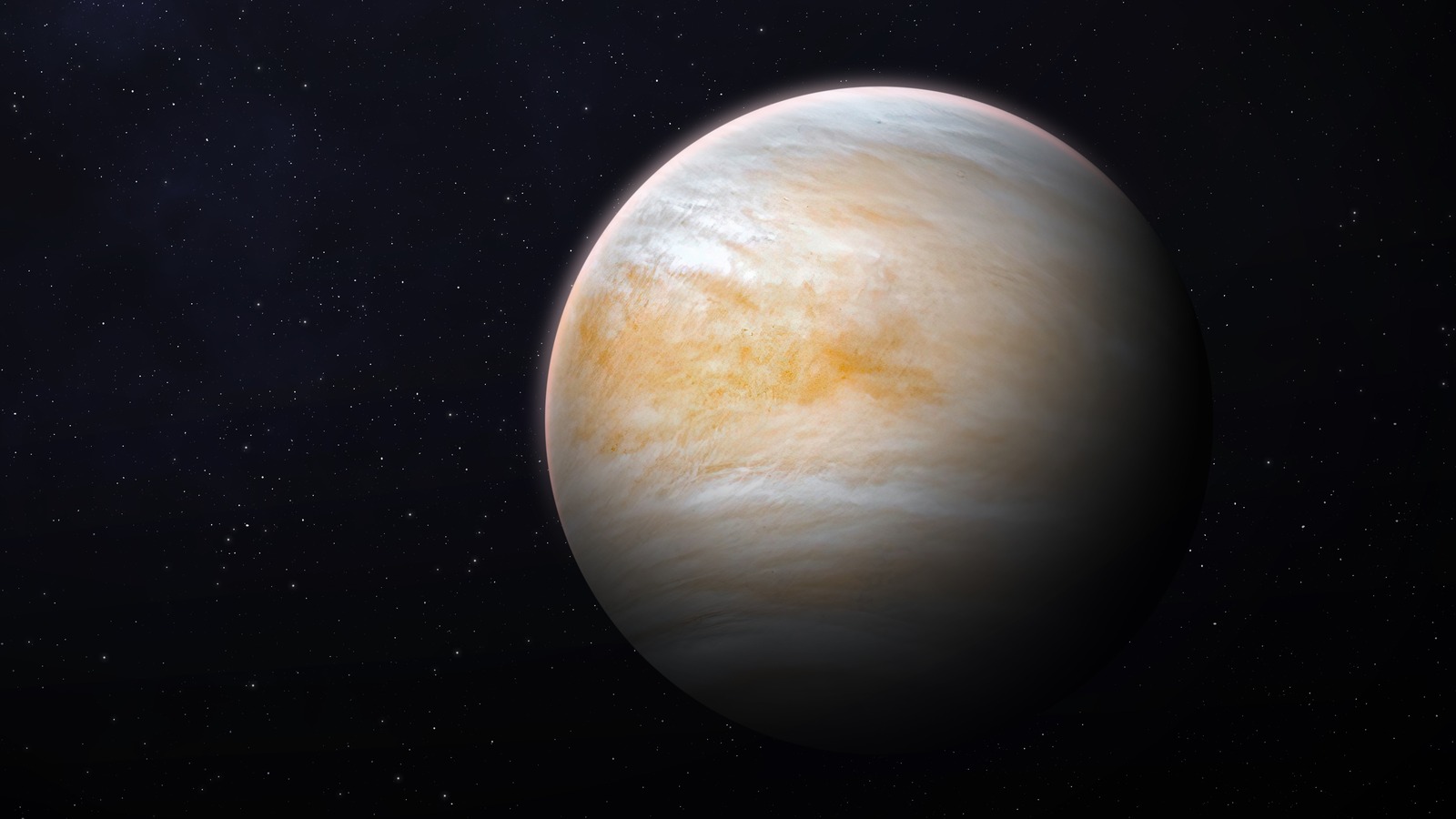Venus is often called Earth’s evil twin due to its size, mass, material composition, and density. It even feels like Venus should’ve become a second Earth. However, it ended up being one of the strangest planets in our solar system. Its surface is hot enough to melt lead, its skies rain sulfuric acid, and its thick carbon dioxide atmosphere crushes anything that tries to land. And these are not even the weirdest things about it. Venus spins just like all planets in our solar system do, but it’s one of only two planets that spin backwards (Uranus being the second one). The planet’s rotation is so slow that a single day lasts longer than its year. Also, Venus has no moons, which is unusual for a planet of its size.
While Earth, our moon, and Mars wear their history in the form of craters, Venus has surprisingly few. It seems as if its surface was wiped clean by massive volcanic resurfacing events hundreds of millions of years ago. It’s like something hit the reset button on Venus, and we don’t exactly know how or why. We know Earth was struck by an object so large that its impact created our moon. Mars’ rugged surface terrain is also scarred by countless impacts. Venus, on the other hand, has always been a mystery. However, there’s a new study coming from the University of Zurich, led by Mirco Bussmann, that explores the idea of Venus being hit by an object the size of Mars.
Venus is often called Earth’s evil twin due to its size, mass, material composition, and density.
It even feels like Venus should’ve become a second Earth.
However, it ended up being one of the strangest planets in our solar system.
While Earth, our moon, and Mars wear their history in the form of craters, Venus has surprisingly few.
However, there’s a new study coming from the University of Zurich, led by Mirco Bussmann, that explores the idea of Venus being hit by an object the size of Mars.
Venus is often called Earth’s evil twin due to its size, mass, material composition, and density. It even feels like Venus should’ve become a second Earth. However, it ended up being one of the strangest planets in our solar system. Its surface is hot enough to melt lead, its skies rain sulfuric acid, and its thick carbon dioxide atmosphere crushes anything that tries to land. And these are not even the weirdest things about it. Venus spins just like all planets in our solar system do, but it’s one of only two planets that spin backwards (Uranus being the second one). The planet’s rotation is so slow that a single day lasts longer than its year. Also, Venus has no moons, which is unusual for a planet of its size.
While Earth, our moon, and Mars wear their history in the form of craters, Venus has surprisingly few. It seems as if its surface was wiped clean by massive volcanic resurfacing events hundreds of millions of years ago. It’s like something hit the reset button on Venus, and we don’t exactly know how or why. We know Earth was struck by an object so large that its impact created our moon. Mars’ rugged surface terrain is also scarred by countless impacts. Venus, on the other hand, has always been a mystery. However, there’s a new study coming from the University of Zurich, led by Mirco Bussmann, that explores the idea of Venus being hit by an object the size of Mars.




